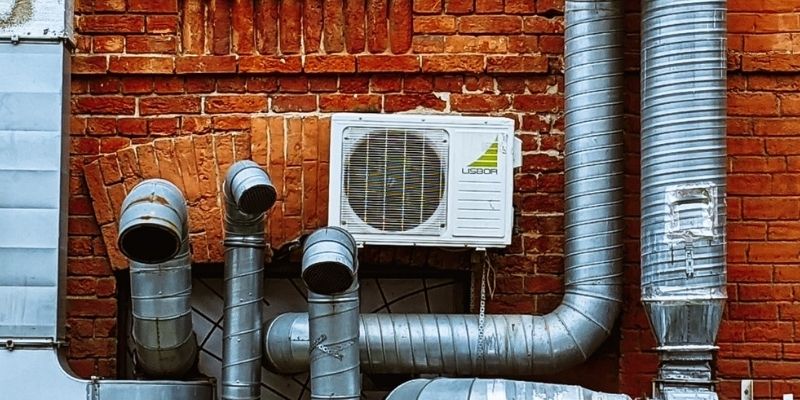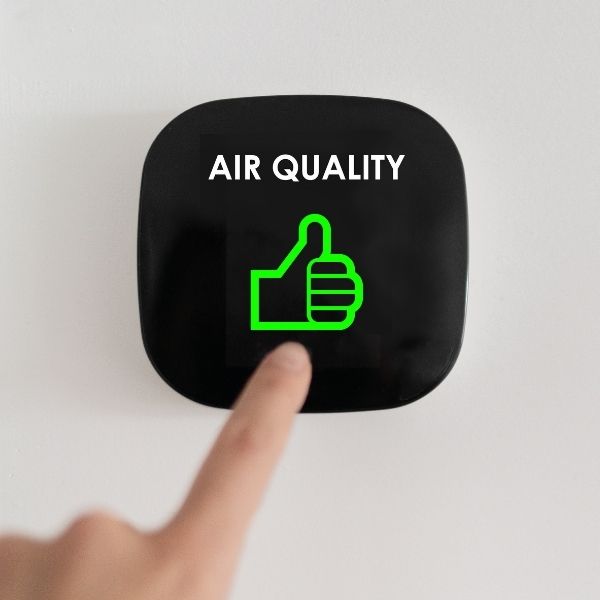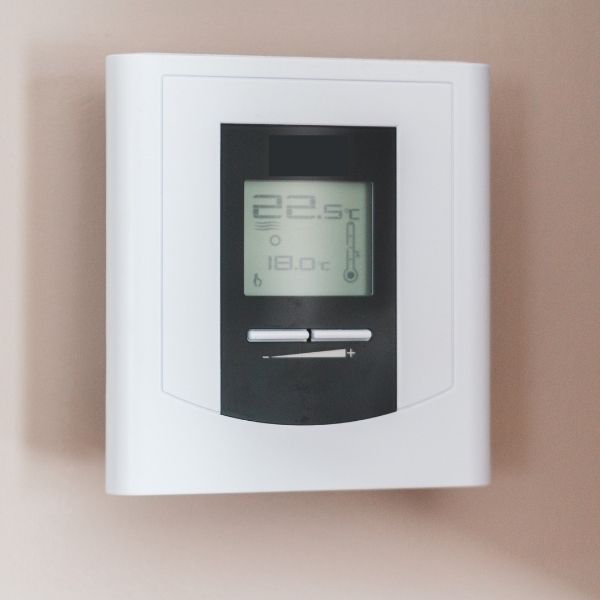What Is Ventilation And Why Is It Important?
There is no questioning the importance of fresh air. Not only do we need it to survive, but it is essential to our overall well-being. But what is ventilation exactly and why is it important? In the following post, we hope to outline and answer these questions and more.
What Is Ventilation?
Before exploring the benefits of proper ventilation, we first need to define what ‘ventilation’ means. So, what is ventilation exactly? The process of ventilation can be understood as a two part process. Firstly, ‘clean’ (normally outdoor) air is supplied into a space. Lastly, any stale indoor air is removed.
There are a variety of ventilation systems that provide different types of ventilation. The three different methods that can be used to ventilate a building include natural, mechanical and hybrid.
There are various types of ventilation systems that fall within one of these three categories. These include, but are not limited to, air conditioning, air curtains, air recirculation. Adequate ventilation is not only achieved by mechanical means however. Even windows and doors can be effectively used to ensure a space is properly ventilated.

Why Is Ventilation Important In Buildings?
We spend a great portion of our lives inside buildings. It is important, therefore, that the air we breathe and interact with is good quality. When an indoor space is properly ventilated, you effectively minimise indoor pollutants. Whether it is an office, a classroom or a room within the home, sufficient ventilation and good air quality is something to strive for.
The Importance Of Good Ventilation In The Workplace
Your line of work will of course determine how little or often you are inside. A lot of people may need to spend a great deal of time indoors (offices, warehouses, classrooms). Using the example of an office space, you are likely to see a number of people interacting with each other in somewhat confined spaces. Though modern offices are typically spacious, there are still areas (kitchens, bathrooms) that are small. If these spaces are poorly ventilated, this can lead to a number of issues.
For owners of commercial and/or industrial spaces, proper ventilation is especially required. As stated, this will ensure indoor air quality is controlled and indoor pollutants are removed. If you are still asking yourself ‘why is ventilation important in buildings’, we have answered in greater depth below.


Temperature Reduction
If there are a number of people in a space, and that space is insufficiently ventilated, it can become hot and uncomfortable. A well ventilated room will ensure the temperature is better regulated. This is, of course, important for comfort. A stuffy indoor space is not relaxing nor is it comfortable. If we consider it in a place of work, having better temperature regulation may also make the workforce more productive.
Improvement of Air Quality
In some circumstances, the air we breathe indoors can be just as polluted as outdoor air. On occasion, it can be more polluted. The process of ventilation allows your inside air to interact with outside air. If this doesn’t happen, indoor pollutants such as germs and particulates such as dust will remain. As a result, your air quality will be negatively affected.
Poor ventilation is also speculated to increase the transmission of disease. Having good quality indoor air is of the utmost importance and having effective ventilation systems can achieve this.
Lowering of Humidity Levels
High humidity levels are a byproduct of an indoor space with little to no air ventilation. With high indoor humidity levels, you are essentially providing an environment in which mould can grow and thrive. If people spend long periods of time in spaces where mould is growing, they are more likely to experience health issues and respiratory problems. This will put your workforce at risk which is the chief concern. As a result of this, you may also damage people’s perception of your company and your overall reputation.
To avoid this, you should always strive to have proper ventilation. There should be a means for outside air to replace indoor air: either through the opening of doors and windows or through a ventilation system.
Health Benefits
To emphasise an earlier point, an office or indoor space without adequate ventilation will greatly increase the risk of people experiencing respiratory problems. People who suffer from conditions such as asthma will be more comfortable and less at risk of an attack with the support of a good ventilation system.
Proper Ventilation: A Summary
As you can see, the answer to the question ‘Why is ventilation important in buildings?’ is complex. The importance of having an effective ventilation system in any indoor space cannot be understated. The need for ventilation can be more pressing in the workplace. This is because at work, people interact with a number of people in sometimes confined spaces. Though you interact with less people in your home, it is still important to ensure rooms are properly ventilated. As well as doing so to minimise health concerns, a properly ventilated room is significantly more comfortable.
What Is Ventilation: Solutions Provided By Chillaire
We hope we were able to answer the question of ‘what is ventilation?’ in sufficient detail. Here at Chillaire, we understand the importance of adequate building ventilation. Not only that, but we have experience providing air conditioning and ventilation systems to businesses in the commercial and industrial sectors.
If you own an industrial property, and are trying to achieve any of the answers in our ‘why is ventilation important in buildings’ section, we offer a free quote and consultation on any services required. To find out more, complete a contact form or ring us on 0800 092 9898.


